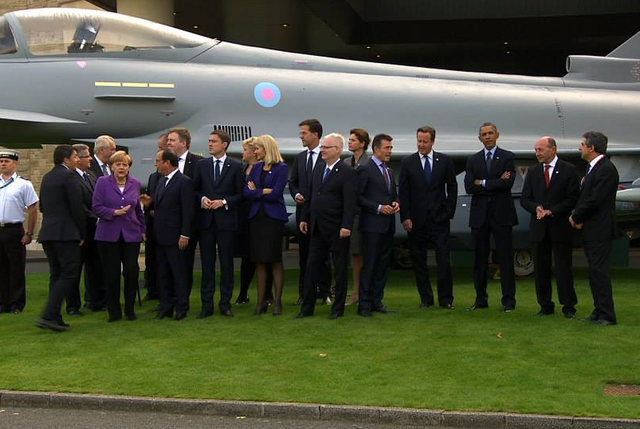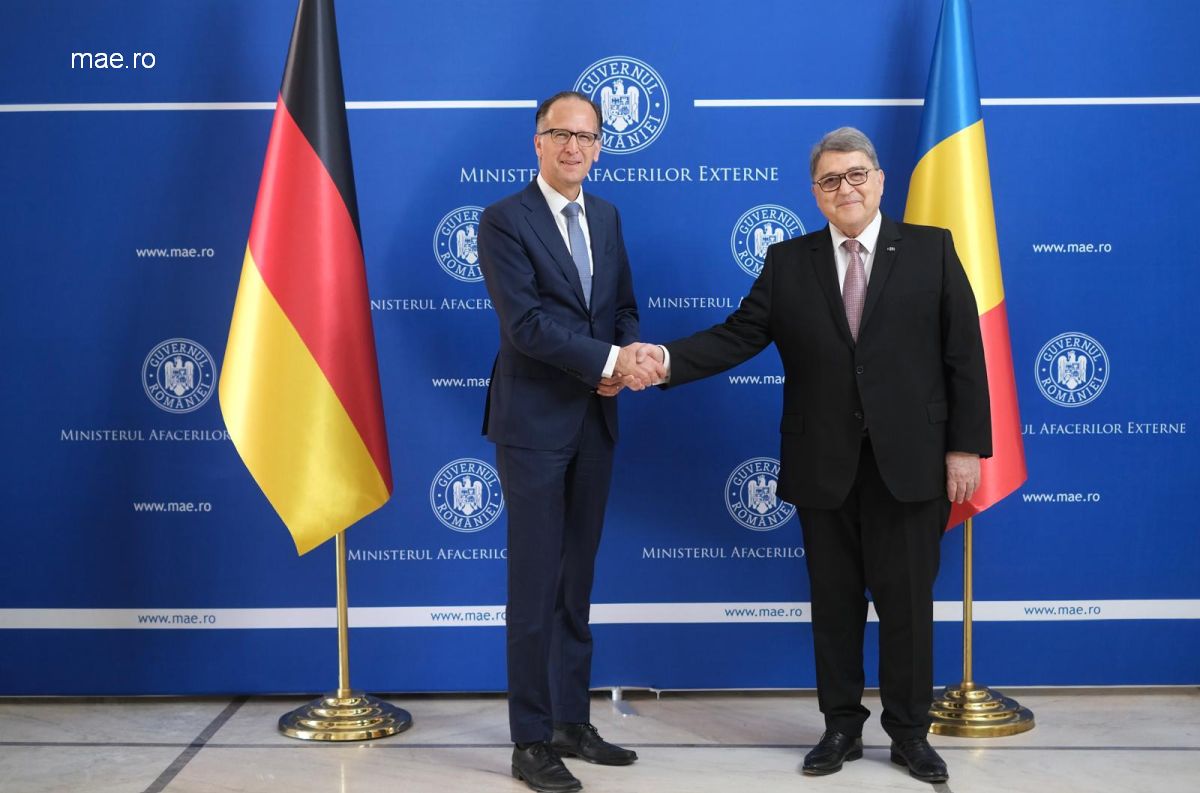The Ukrainian Crisis and Energy Security
Romania has committed itself to getting involved in protecting Ukraines cyber security

Florentin Căpitănescu, 15.09.2014, 13:11
Known across the world for its IT specialists, from highly-skilled hackers to exemplary employees of giants in the field such as Microsoft, Romania boasts a high level of expertise with regard to cyber-security. And this expertise is appreciated at the highest level, as Romania will be coordinating the NATO Trust Fund for strengthening Ukraine’s cyber-security capacity, against the background of the ongoing conflict with Russia.
The measure is part of a support package that Kiev received at the recent NATO summit held in Wales. Under a decision made by its Supreme Defense Council, Romania offered to take charge of managing its neighbor’s cyber-security, against the background of the conflict between Russia and the West, and waged on several fronts, in the political, commercial and energy fields. As manager of that Fund, through the Romanian Intelligence Service, Bucharest, with Kiev’s support, will design the architecture of a system aimed at protecting sensitive institutions in Ukraine.
Also, according to a communiqué issued by the Romanian Intelligence Service, one of Romania’s responsibilities is to find within NATO contributors to the Fund, in order to ensure the financial resources needed for implementation. Also, Romania will take care of Ukrainian specialists’ training, for the system to be explored in an effective way. Local analysts say that through its involvement in Kiev’s cyber defense system, Bucharest has once again proven its active position in the Ukrainian issue.
Since the onset of the crisis, along with Russia’s annexation of Crimea in March, Romania has never found refuge behind a diplomatic formula; quite the opposite, it has come up with a firm rhetoric, sometimes maybe too harsh, as some domestic observers have pointed out. On the other hand, the discussion regarding IT specialists trained in Romania was resumed on the occasion, as Romania seems to fail in capitalizing enough on the huge potential it has in the field.
A large part of the Romanian experts, many of them winners of major international competitions, choose to take the path that leads them to markets that can absorb them more easily and where salaries match their level of training. While the brain-drain from this country grows in scale, the IT infrastructure in Romania is way behind what it should be.






























